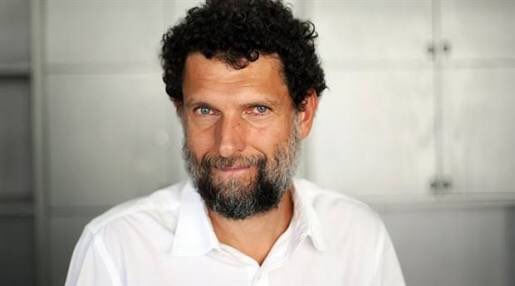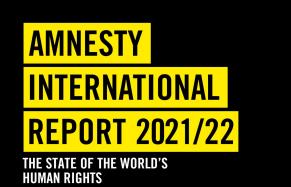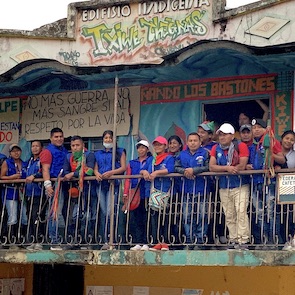This month we bring you news from Venezuela, Colombia, Ecuador, Brazil and Peru. Amnesty has two Urgent Actions on individuals in Venezuela and opposes a proposal that could force the closure of NGOs in that country. We report on the plight of indigenous Amazonian communities in Brazil and Ecuador and the continued spate of police killings in Brazil. There’s been a new prison massacre in Ecuador. A new report on aggressions against Colombian human rights defenders and community leaders takes the government to task. The first round of the Colombian presidential election resulted in a surprise.
REGIONAL
In a Newsweek article highlighting Amnesty’s report “Unequal and Lethal”, Agnes Callamard, Amnesty’s Secretary General, and Erika Guevara-Rosas, Americas Director, have called for a post-Covid economic recovery that is rights based, inclusive and fair, and addresses the region’s structural inequality.
VENEZUELA
Amnesty has issued two new Urgent Actions.
Carlos Debiais, a photographer, was filming in Falcón state when he was questioned by security personnel of the state-owned oil company and detained on 12 November last year by military counterintelligence officers. After his detention, his fate and whereabouts were unknown on several occasions. A release warrant was issued in his name on 12 April, but prison authorities are refusing to release him. You can take action here.
On 16 May, human rights defenders Marino Alvarado and Alfredo Infante received notification of a defamation lawsuit filed against them by the governor of Carabobo state. The lawsuit comes as a response to a report published in March by the NGOs Provea and Centro Gumilla, which exposes possible extrajudicial executions in Carabobo state and the governor’s failure to enforce accountability. Amnesty is calling for the lawsuit to be dropped and, more widely, for a safe working environment for human rights defenders. You can take action here.
500 civil society organizations, including Amnesty, and 250 activists have signed a public statement rejecting a proposed International Cooperation Law, currently under debate in the National Assembly, which could criminalize NGOs, or at least seriously hinder the work of human rights organisations in the country. If passed, the bill could be used to justify the control, persecution or suspension of these organizations and leave them without access to external financing.
COLOMBIA

killed in full view of her family and neighbours by FARC dissidents 31 December 2021
The Colombian NGO Programa Somos Defensores (We are defenders programme PSD) has published its annual report on aggressions against human rights defenders (HRDs) and social leaders in Colombia in 2021, including the killings of 139. While the perpetrators of 82 killings are unknown, of the remainder perpetrators of 21 killings were identified as ex-paramilitaries, 18 as FARC (Revolutionary Armed Forces of Colombia) dissidents, 9 as the ELN (National Liberation Army), 5 as state security forces and 4 as others. The two groups who suffered most losses were communal/community leaders and indigenous leaders. [Read more…]



